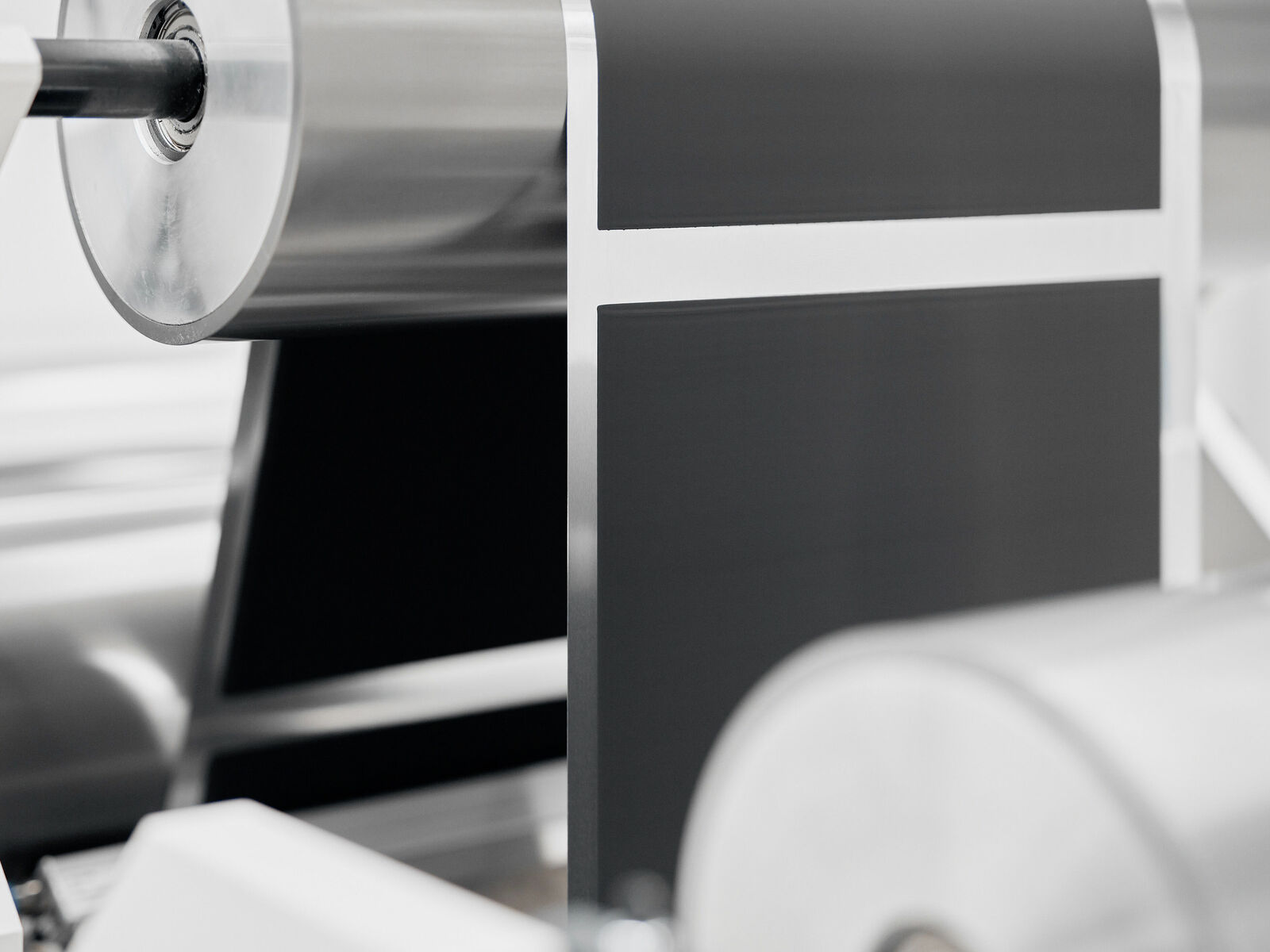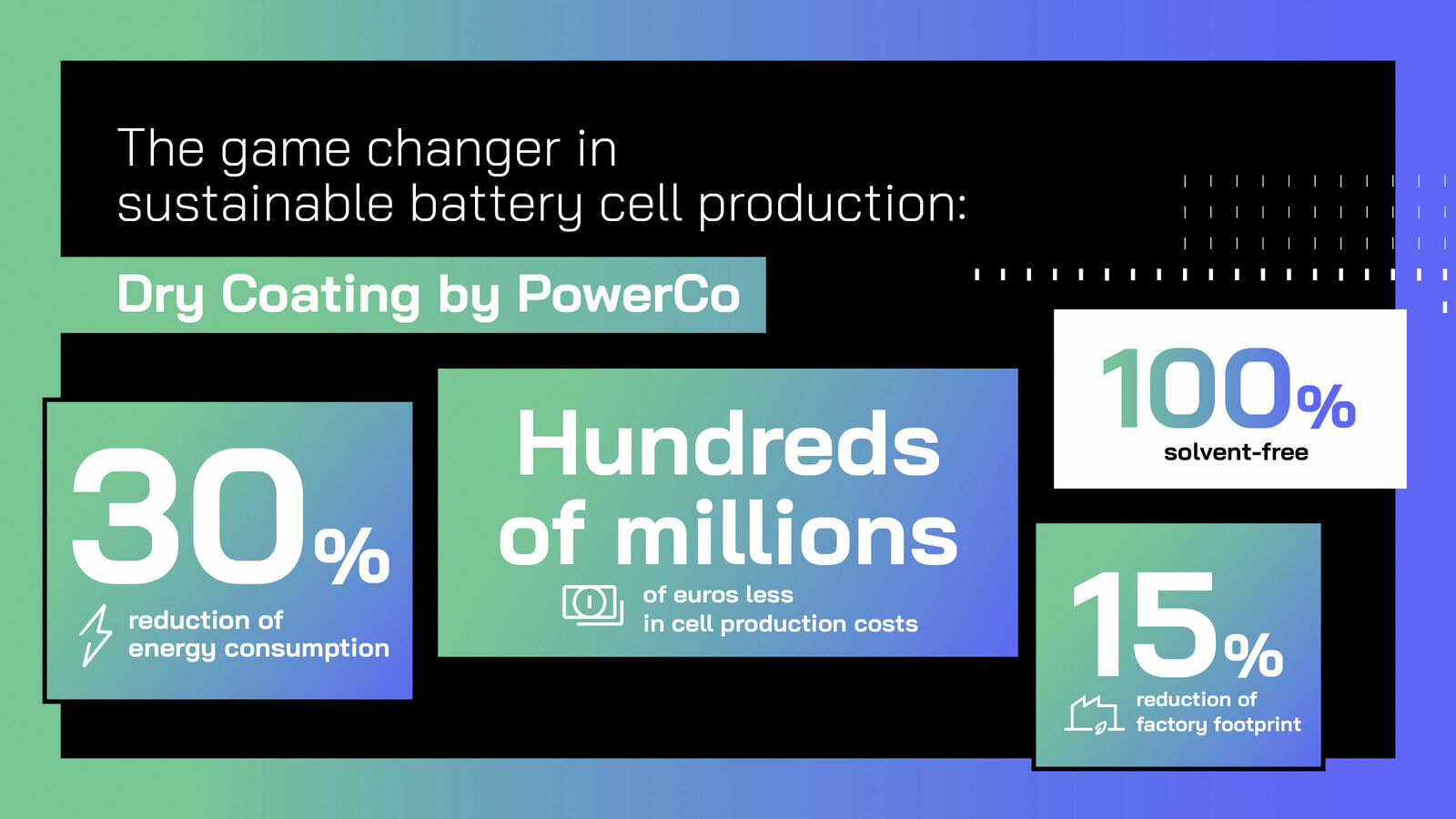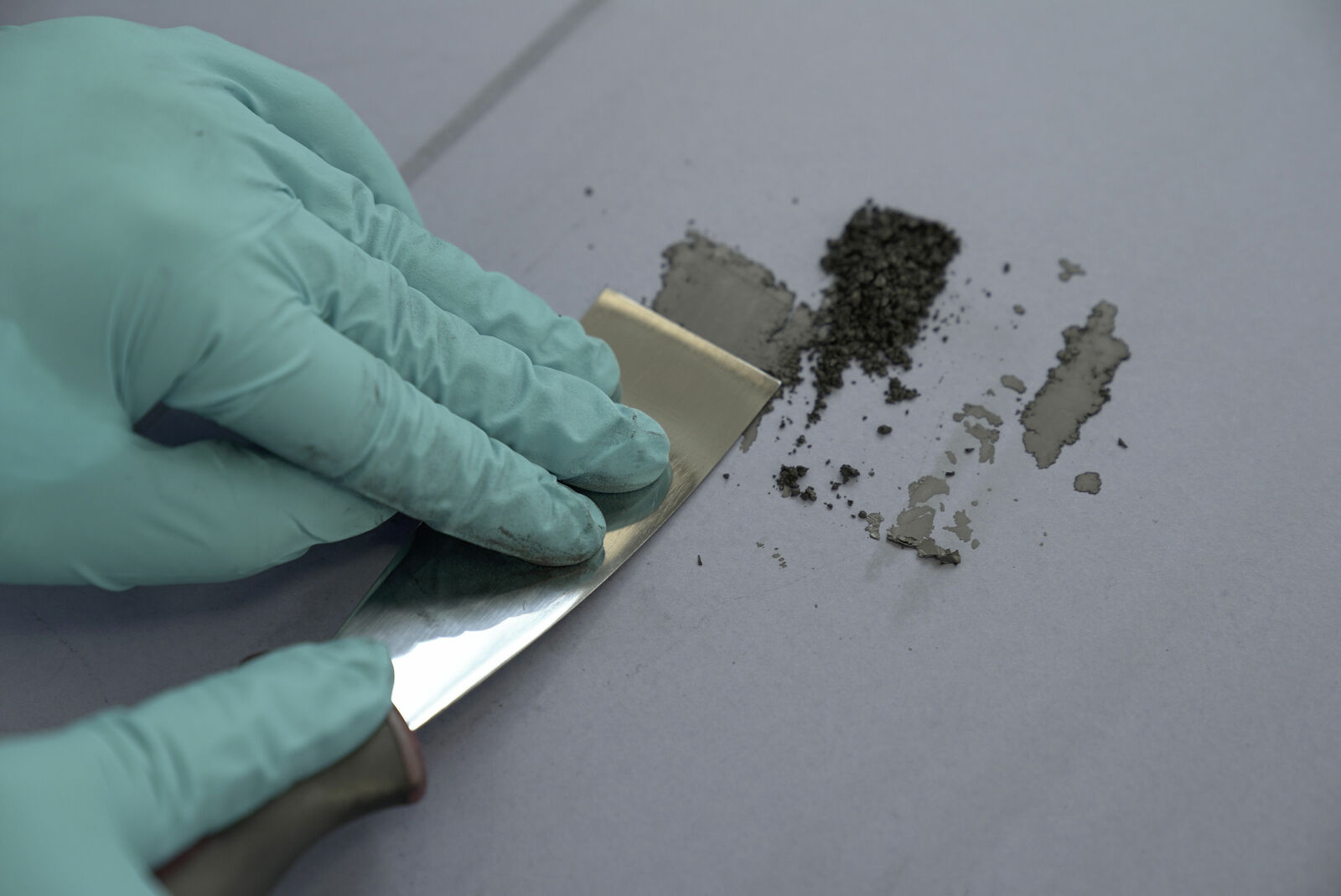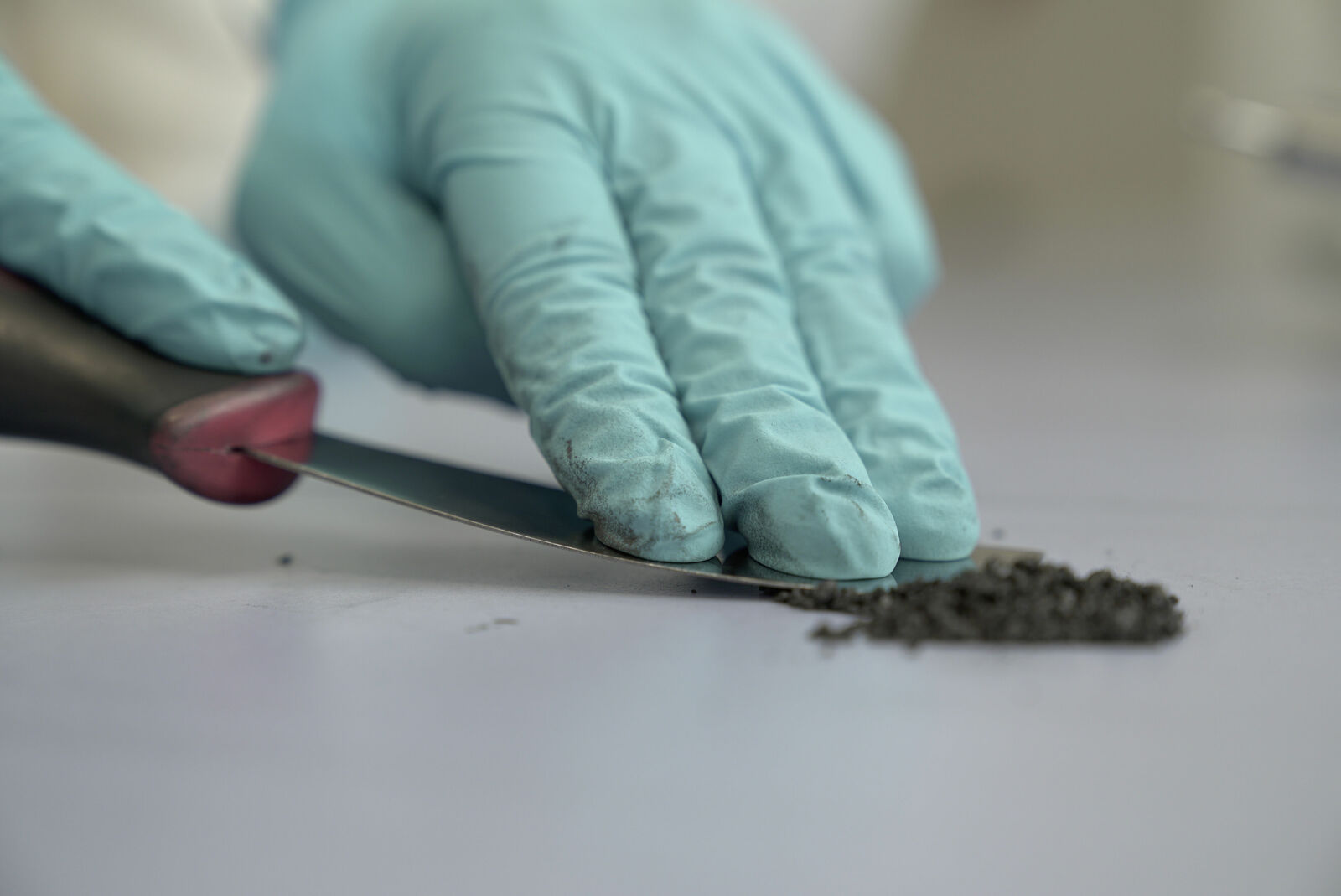Thomas Schmall, Group Board Member for Technology at Volkswagen AG and Chairman of the Supervisory Board of PowerCo SE: “Technologies like Dry Coating showcase PowerCo’s technological prowess. We have the necessary know-how and the right experts to take cell production to a new level and offer significant cost advantages to our customers. Our objective is to establish an industrial production of sustainable and affordable batteries.”
To achieve this goal, PowerCo and Koenig & Bauer have signed a Joint Development Agreement. Together they will develop a roller press for powder coating electrodes at large industrial scale. The Dry Coating procedure allows manufacturing electrodes without wet-coating and subsequently drying them at high costs. With the new procedure, the most energy-intensive part of cell manufacturing and the use of chemical solvents are no longer required. PowerCo is already testing and optimizing the technology in a pilot line in one of its laboratories in Northern Germany. As a printing specialist, Koenig & Bauer will develop a machine for the industrial powder coating.
According to PowerCo estimates, the new technology has the potential of saving about 30 percent of energy as well as 15 percent of floor space required and will therefore save hundreds of millions of Euros each year. Frank Blome, CEO of PowerCo SE: “What the solid-state cell is to the product, Dry Coating is to production – a real game changer. If scaled successfully, it will give us a unique position on the market and definite competitive advantages.”
Powder instead of Slurry: Specifics of the Dry Coating Procedure
The electrodes (cathode and anode) are the “centerpiece” of the battery cell defining energy density and battery performance. In modern industrial electrode production, the battery materials are mixed with additives and liquid solvents to a slurry. Afterwards, they are coated onto foils of copper or aluminum, then dried and calendered.
PowerCo’s Dry Coating procedure allows to calender the powdery basic materials directly onto the foil, similar to a printing procedure. As a result, two of four process steps in electrode manufacturing become obsolete. The powder coating can be applied onto the foil in an extremely fine and even manner, the resulting layer is about as thin as a hair. This guarantees excellent spatial energy density and a long life cycle, while improving the fast-charging ability of the battery.
Breakthrough for Green Batteries
The new technology reduces floor space required by 15 percent – an enormous saving potential. Per building block of a regular Gigafactory with a production capacity of 20 GWh, four parallel coating and drying lines can be saved, equaling an area of 7.000 square meters. As a result, the exterior length of the plant can be reduced by about 100 meters. Not having to operate the energy-intensive drying furnaces and suction systems will save energy equivalent to the annual consumption of 40,000 private households.
Furthermore, the use of chemical solvents that have to be laboriously recycled at high energy costs in silo-like towers outside the plants is no longer necessary.
Koenig & Bauer: Leading Printing Press Manufacturer Worldwide
As the oldest manufacturer of printing presses in the world, Koenig & Bauer offers the industry’s largest product portfolio. Core competency of our partner is the manufacturing of technologically innovative and cost-efficient printing systems. The new processing technology is to exit development stage at the end of 2024. For the time after, we have agreed on exclusive rights. The contractual details are confidential and there have also been made separate agreements. Estimated start of production is 2026/2027. “Our plants are designed for quick and easy retrofits. In total, we have anticipated about 30 foreseeable innovations in products and production, so we are able to adjust our plants to all relevant new processes as soon as they enter the market”, says PowerCo’s Chief Operation Officer Sebastian Wolf.















